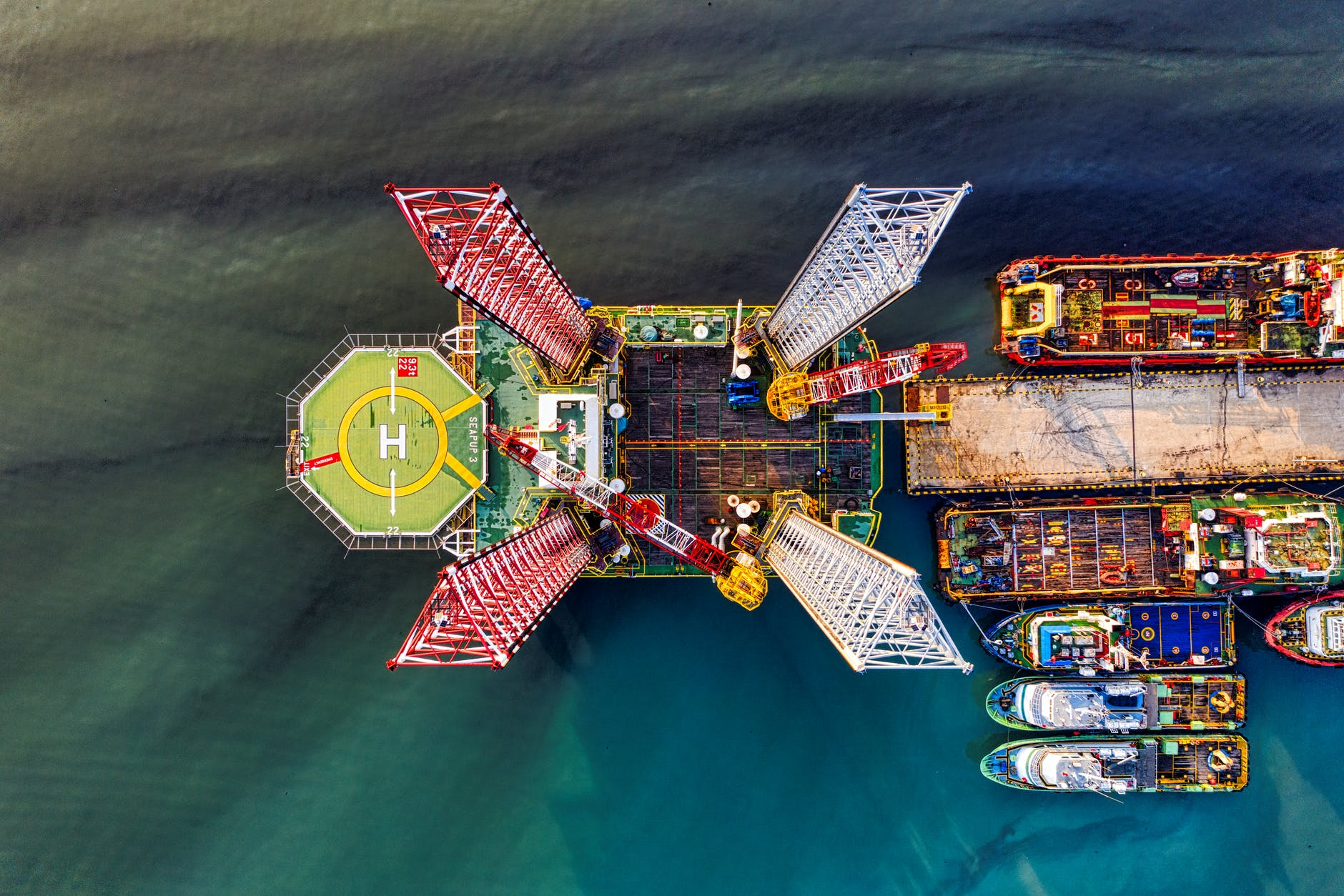About the Dutch Offshore industry
The Dutch Offshore industry has grown with oil and gas extraction in the North Sea. Due to the usually challenging weather conditions, in combination with strict safety requirements, in the North Sea, the offshore sector in northwestern Europe is a world leader. It is striking that companies that have grown in the extraction of fossil fuels are now essential for the development of sustainable alternatives such as offshore wind energy and tidal energy. The offshore sector has a large indirect employment and is one of the largest clients for the Dutch shipbuilding industry and its suppliers. The sector is currently struggling with a low oil price, which is expected to shrink considerably in 2015.
Players from the oil & gas industry
The offshore industry is an exceptionally dynamic sector with players from the oil & gas, decommissioning, wind energy and service providers. In this complex playing field it is important to receive professional and substantive advice. JBR advises companies in the offshore industry in the field of corporate finance, restructuring and strategic issues.
Dynamic offshore industry
Important themes within the offshore are economies of scale, fluctuating oil price, sustainability, renewable energy, local content requirements and a more selective investment policy. The offshore sector is at the crossroads of maritime and energy. In particular for both offshore renewables and offshore oil & gas, climate requirements, oil price and subsidy policy play an important role. Beyond that, there is an overall trend to make the world less dependent on oil & gas. There is a trend towards renewables.
If you’re looking for a well-paid new job, you might see job opportunities in the offshore sector. The offshore sector is the name for all jobs that are done offshore, from working on oil rigs to working on cruise ships. Most offshore jobs are quite technical, think of workers that have to fix wind turbines on wind farms or work on oil platforms. If you think of applying to offshore jobs when you don’t know the industry that well, there are a few things you need to know. Read along these 3 things!
1. It’s a totally different lifestyle
If you’ve always been used to working jobs with normal, 9-to-5 working hours during weekdays, your first few weeks might be rough. Almost all offshore jobs work with rotations: you work for a certain amount of time non-stop (usually two to three weeks) and then you’re on leave for a few weeks. Depending on the company you work for, this can be the same amount of time you’ve worked or even more time off. During your work stint offshore, you can say goodbye to your weekends! And if that isn’t all, you will probably also have to work in 12-hour shifts. If you for instance get the day shift, that means you can only contact the mainland at night, when you aren’t working.
2. The jobs require training
If you’re offered a position offshore, you’ll need to be prepared for the rough working conditions. For instance, you need to know how to react in case of an emergency and you need to know the basics of first aid. If you for instance want to work in the oil and gas industry, your needed skills will be taught in OPITO courses. OPITO stands for Offshore Petroleum Industry Training Organisation. This organisation has made the requirements of what you need to know in the industry. Depending on your jobs, it’s possible you’ll have to follow a basic course or a more advanced training. The BOSIET training for instance, is the most basic OPITO training, in which you learn things from surviving at sea to fire fighting and helicopter safety.
3. No drinks or drugs
If you work in the offshore industry, you can’t crack open a cold beer after a long shift with your colleagues. Alcohol and non-prescription drugs are strictly forbidden – and there are drug tests! The industry is also really strict about smoking; which is understandable because you need fire to smoke and that might be dangerous if you’re working with oil, for instance. Lighters are forbidden on most offshore rigs, but there are designated smoking areas where you’ll find matches if you need a smoke every now and then.
If you’re still excited about applying for an offshore job after reading this, then go for it! You can make good money and enjoy the lovely smell of the ocean.
4. Sustainability and safety
Sustainability and safety are two key topics within the offshore industry. Significant gains can be achieved in both areas through transparency and cooperation respectively. So what is the state of play in these areas within the offshore industry?
With the increasing globalization of business, cost reduction is no longer the only priority of purchasing in the maritime sector. It is precisely the generation of sustainable profitability in the economic, social and ecological field that is important now.





